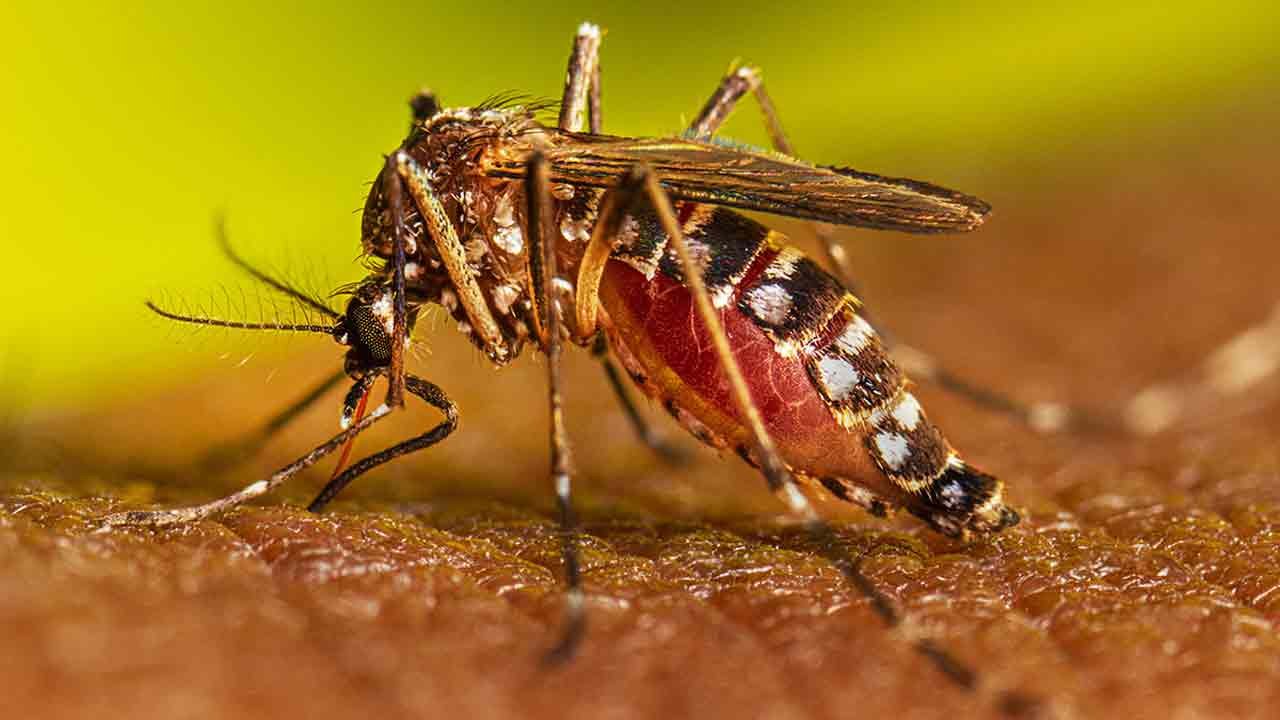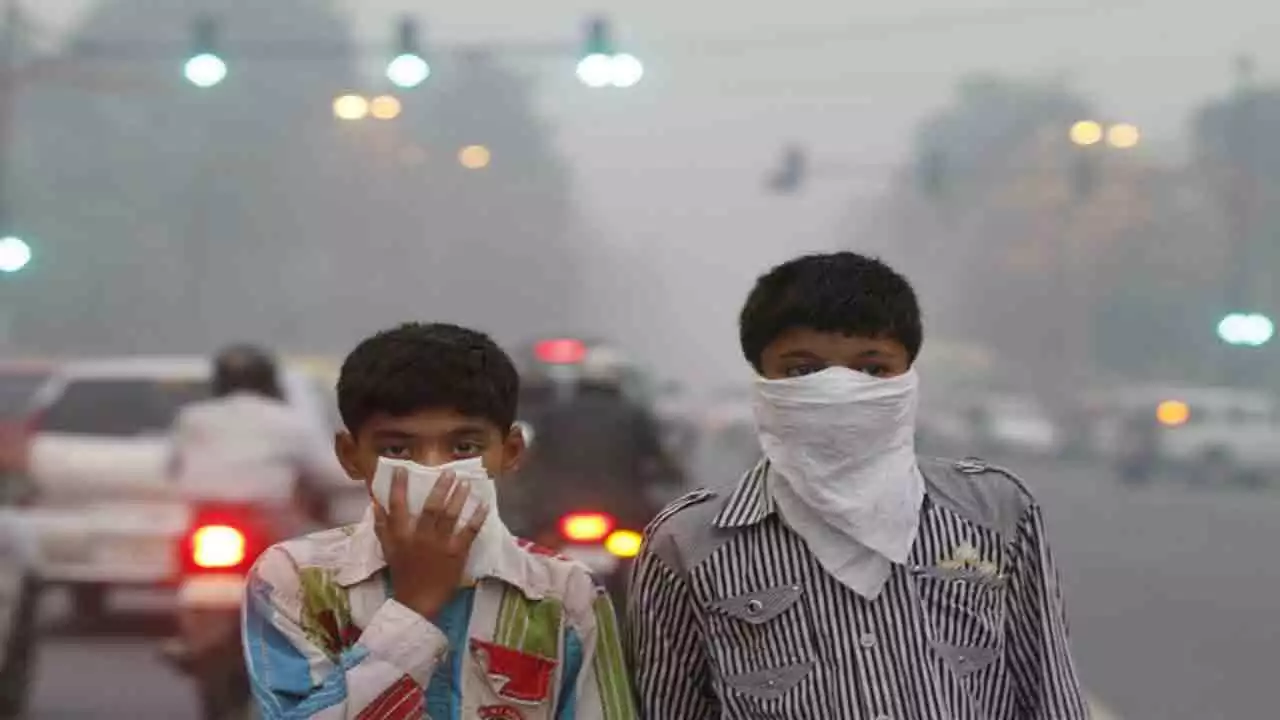As the specter of global warming looms larger, experts warn of the impending spread of mosquito-borne epidemics to new regions across the globe in the coming decades. Recent statistics reveal a concerning trend, with a surge in malaria cases reported last year, reaching levels not seen in over two decades. In 2023 alone, England, Wales, and Northern Ireland recorded 2,004 confirmed cases of malaria, marking a significant increase from the 1,369 cases reported in 2022.
According to the UK Health Security Agency (UKHSA), this uptick in malaria cases can be attributed to several factors, including the resurgence of the disease in many countries and the relaxation of global pandemic restrictions on international travel. As travel restrictions ease, the movement of people across borders facilitates the spread of mosquito-borne diseases, posing a heightened risk to regions previously unaffected by such epidemics.
Globally, the scale of the malaria crisis has reached alarming proportions, with the World Health Organization (WHO) reporting an eight-fold increase in cases over the past two decades. What was once a five-hundred-thousand-strong epidemic in the year 2000 has ballooned to over five million cases by 2019. This exponential rise underscores the urgent need for concerted global efforts to combat the spread of malaria and other mosquito-borne diseases.
In addition to malaria, the invasion of the dengue mosquito has emerged as a pressing concern, with the insect infiltrating thirteen European countries since the turn of the century. Outbreaks of dengue fever have been reported in countries like France, Italy, and Spain in 2023, marking a significant expansion of the disease’s geographical range. Historically confined to tropical and subtropical regions, the spread of dengue into temperate climates represents a worrisome development, fueled in part by rising temperatures and changing environmental conditions.
The proliferation of mosquito-borne diseases beyond their traditional habitats can be attributed to several factors, chief among them being the impact of global warming. As temperatures rise, previously inhospitable regions become conducive to mosquito breeding, facilitating the spread of diseases like malaria and dengue. Moreover, the increasing frequency of extreme weather events, such as hurricanes and floods, creates ideal breeding grounds for mosquitoes, exacerbating the risk of disease transmission.
Addressing the growing threat of mosquito-borne epidemics requires a multi-pronged approach that encompasses both mitigation and adaptation strategies. Efforts to mitigate climate change through the reduction of greenhouse gas emissions are paramount in curbing the expansion of mosquito habitats and limiting the spread of vector-borne diseases. In parallel, investment in public health infrastructure, including mosquito control programs and disease surveillance systems, is essential for detecting and responding to outbreaks in a timely manner.
Furthermore, enhancing global cooperation and coordination is crucial for effectively addressing the transboundary nature of mosquito-borne diseases. By sharing best practices, exchanging information, and mobilizing resources, the international community can bolster preparedness and response efforts, ultimately safeguarding the health and well-being of populations worldwide.
As the threat of mosquito-borne epidemics looms large, concerted action is needed to mitigate the impact of global warming and prevent the further spread of diseases. Only through collaborative efforts at the local, national, and international levels can we hope to stem the tide of these deadly epidemics and build a more resilient future for generations to come.



